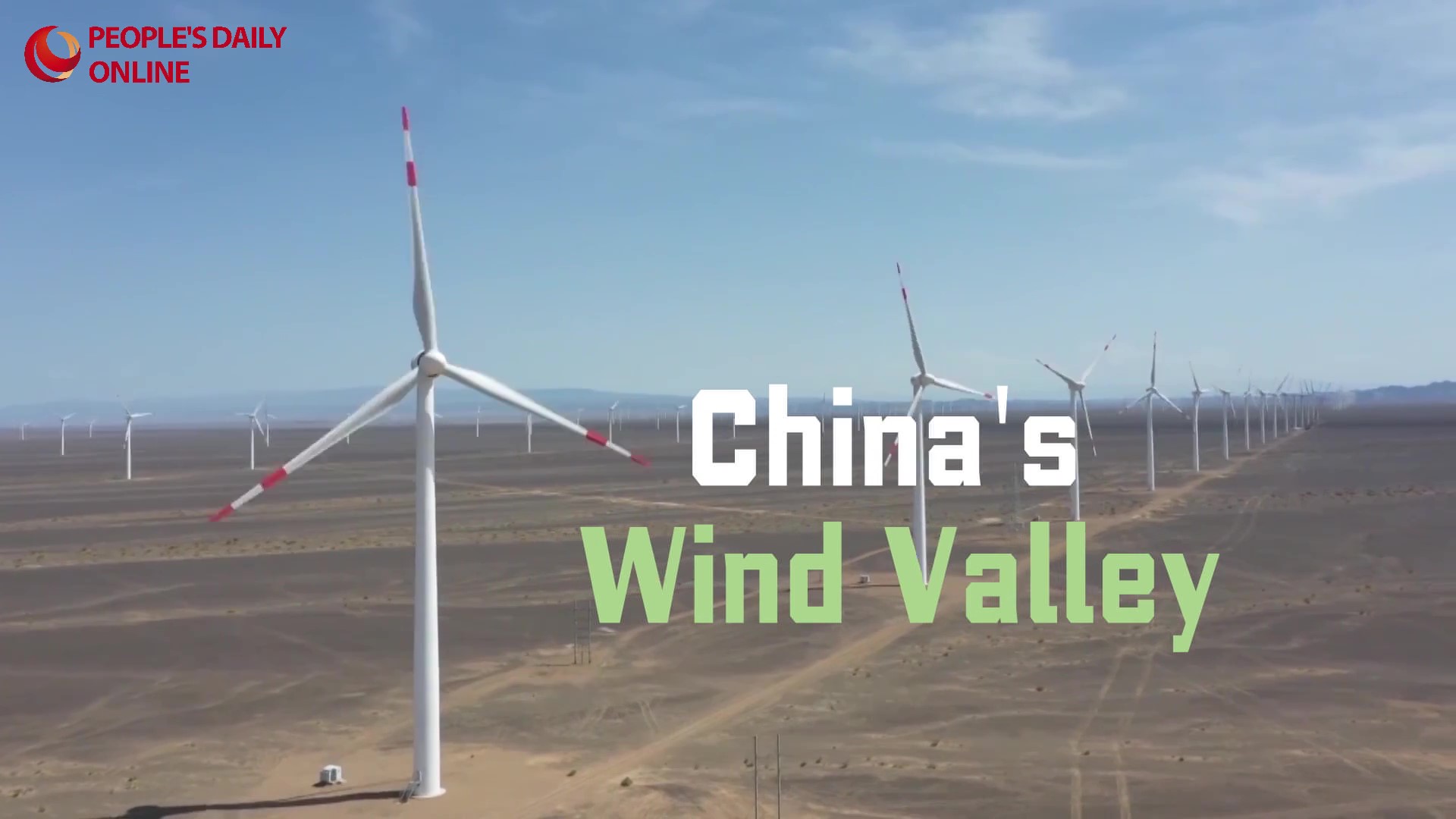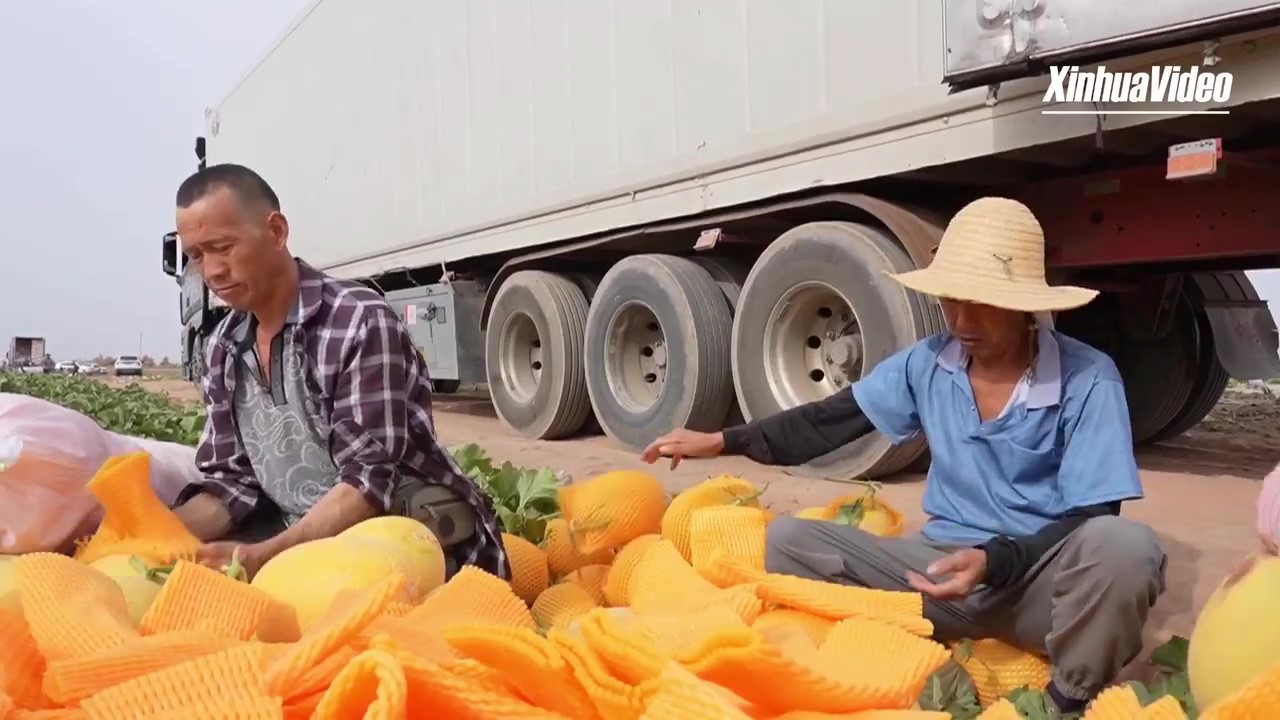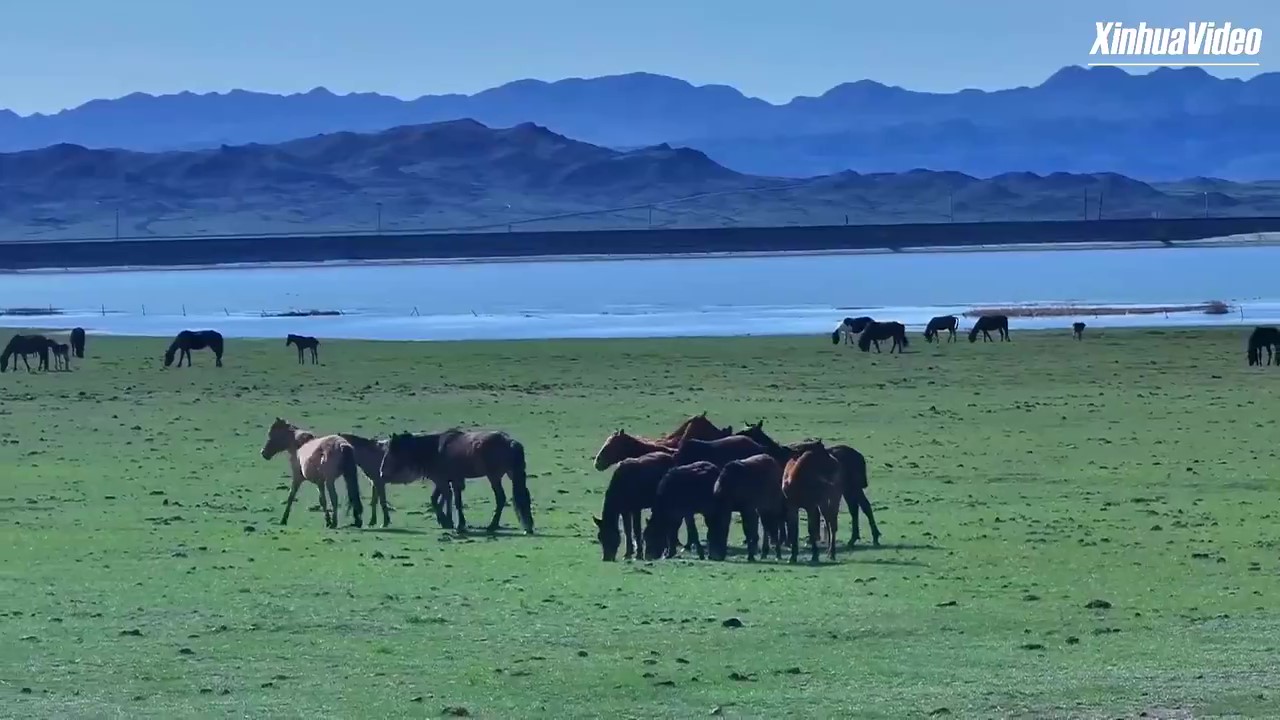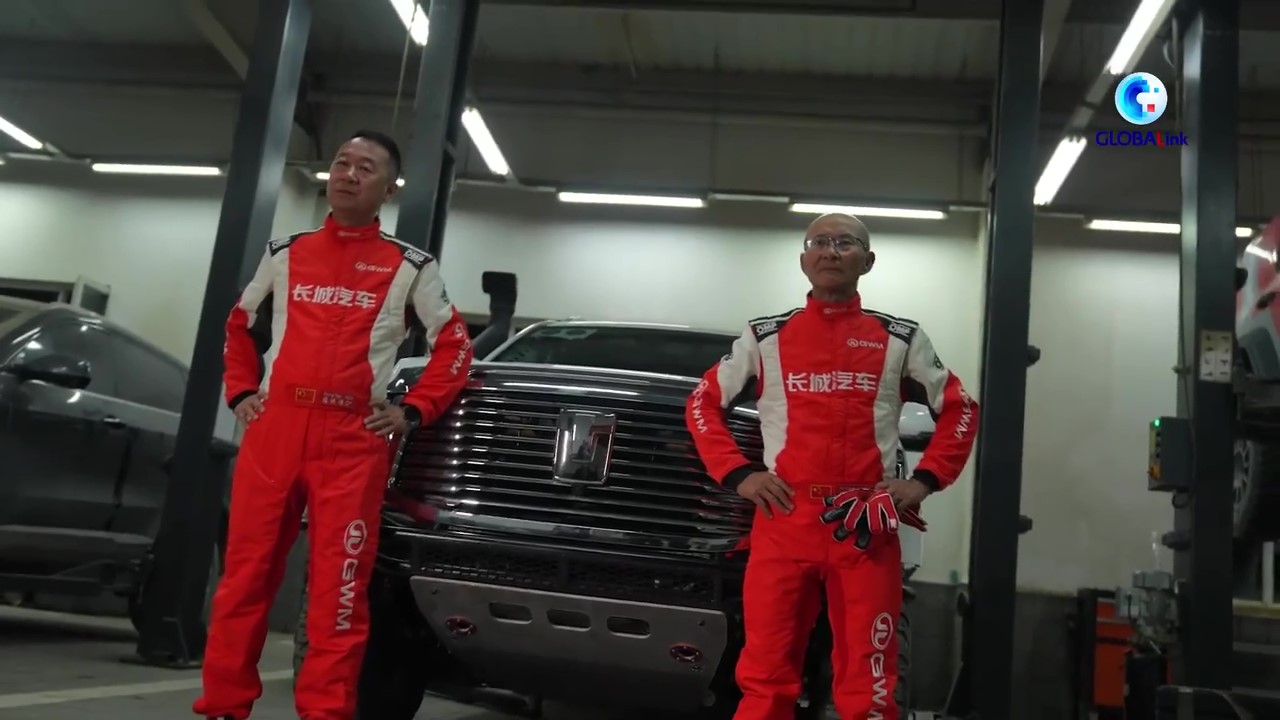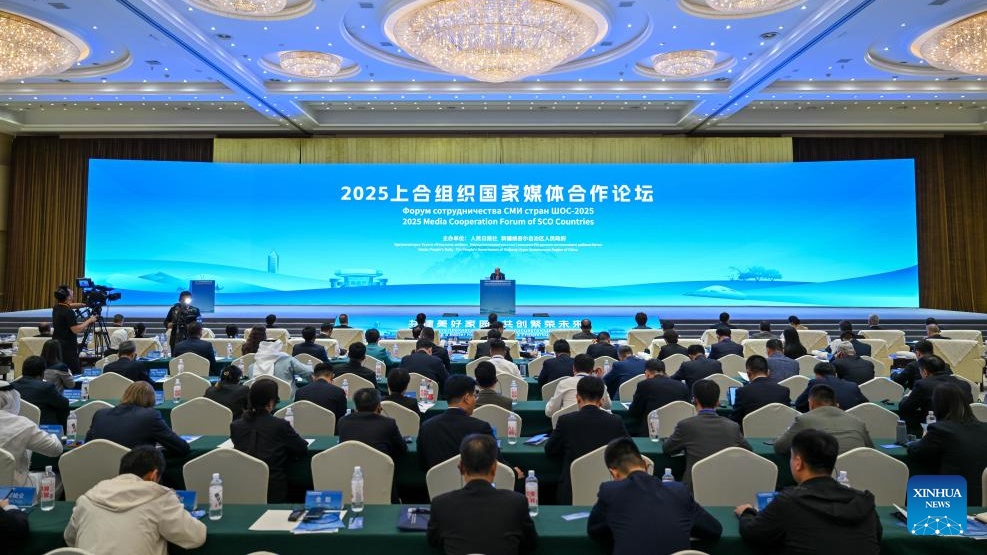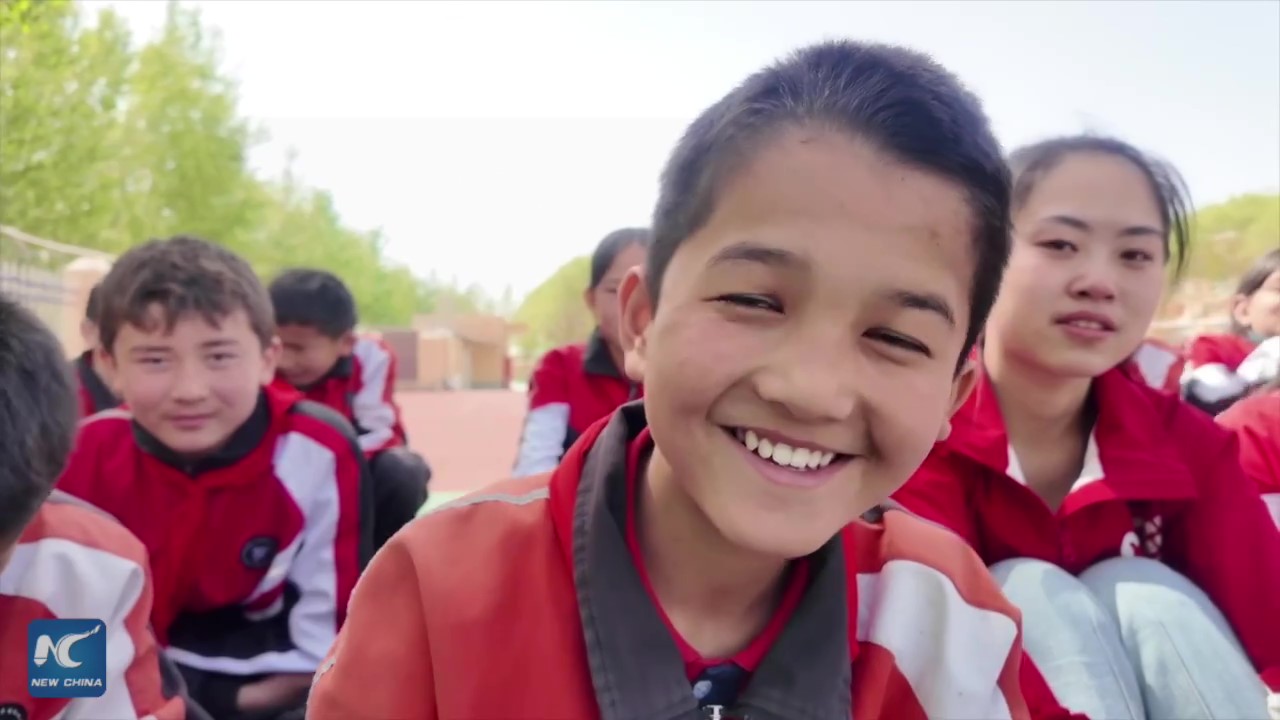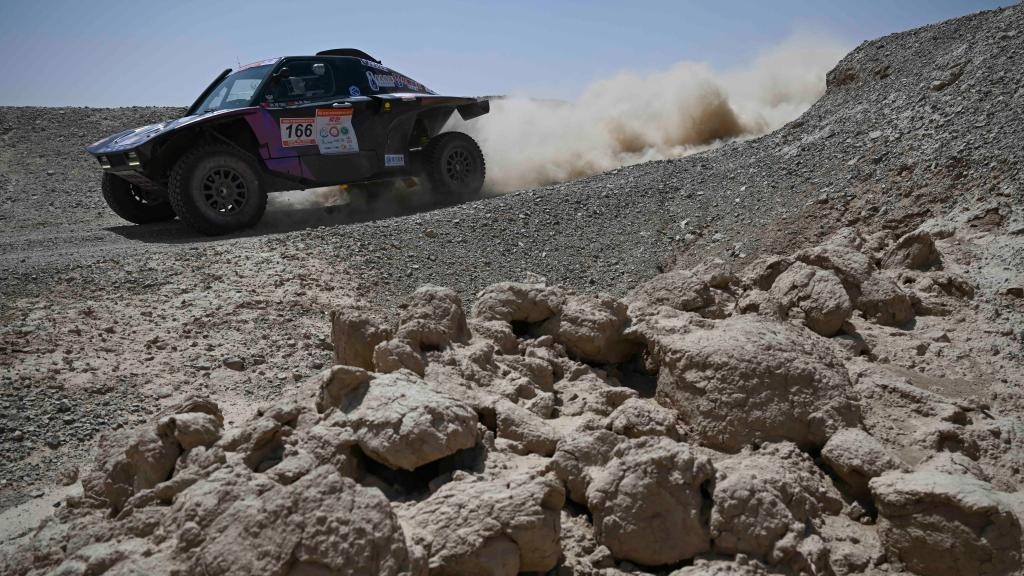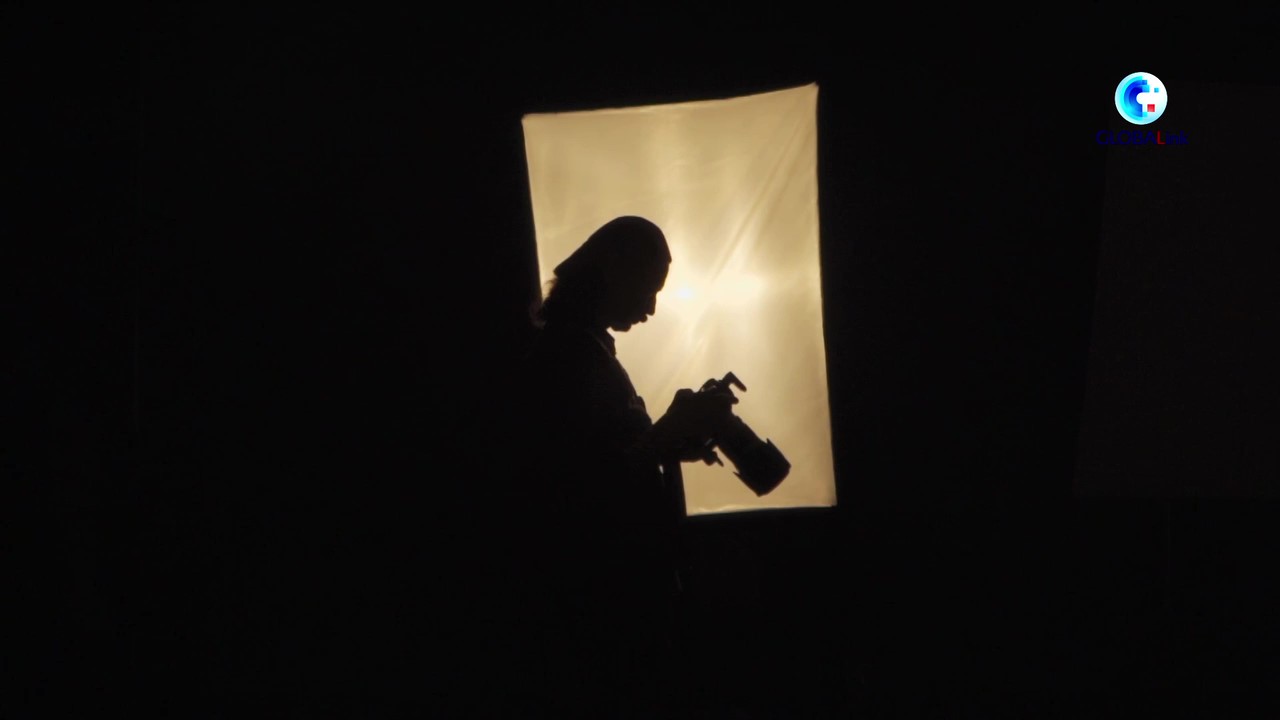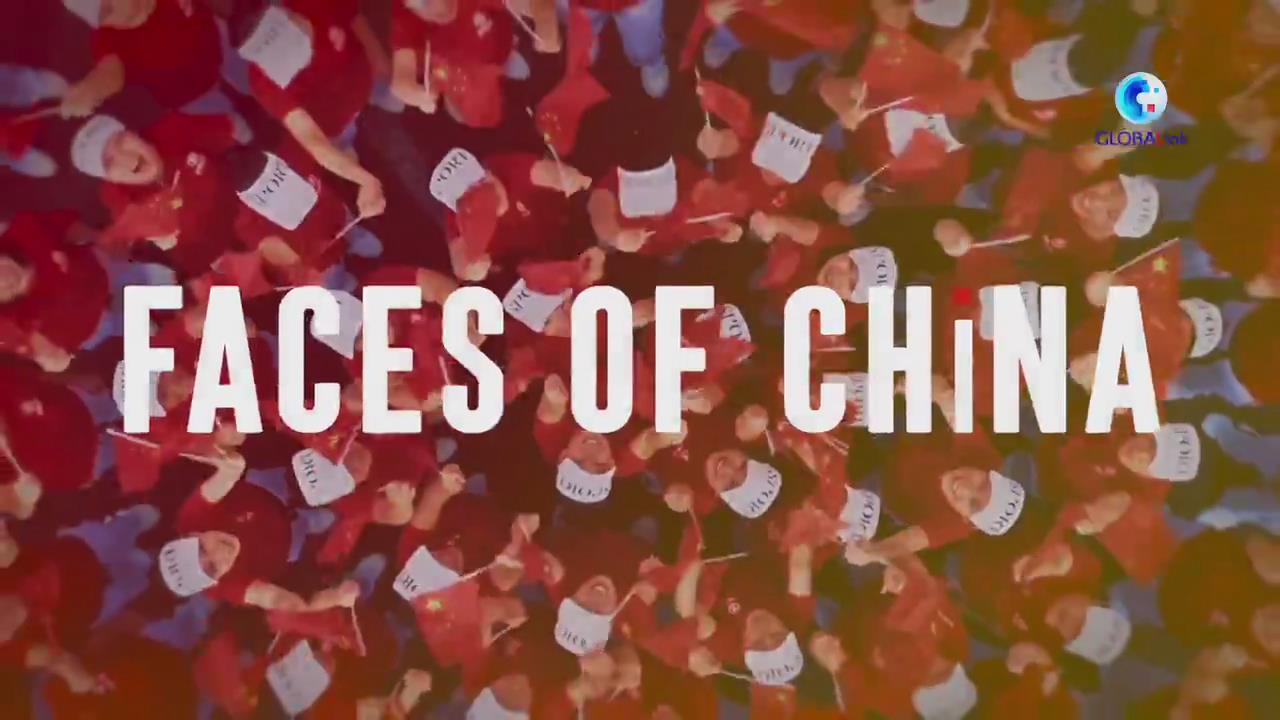Accusing some major European automakers of defying the United States' ban on forced labor, the US Senate Finance Committee appealed for stricter law enforcement to ensure businesses comply with the US' unilateral ban.
In a report released on Monday, the committee said BMW, Jaguar Land Rover and Volkswagen were sourcing auto parts from a company banned by the US administration for allegedly being linked to "forced labor" in China's Xinjiang Uygur autonomous region.
Committee Chair Ron Wyden urged Customs and Border Protection to "supercharge enforcement and crack down on companies" that he described as fueling the so-called forced labor in Xinjiang.
Instead of accusing the European automakers of "sticking their heads in the sand", the US senator should open his eyes to the truth of the matter in Xinjiang.
At least he should ensure he is better informed about what is actually going on there so he can sift the truth from the lies when he listens to different, even conflicting, narratives. Better still, if he bothers to travel to the Chinese region in person, he would be able to see for himself what things are like.
The real problem regarding international perceptions of Xinjiang is that they are shaped by the allegations of "human rights" violations, which is a fabrication divorced from facts and aimed at smearing and creating trouble for Beijing. The hyping up of this false picture has created a stereotyped view that is never questioned by those who are antithetical to the rise of China. Their bias runs so deep that they are willing to accept as a matter of faith the lie that the vocational training facilities in Xinjiang are really "concentration camps". Nor does it matter whether the local governments are actually trying to help ordinary Uygurs find jobs, as far as these "believers" are concerned, the authorities in the region are simply playing the role of slave trader.
But facts are facts, and truth prevails no matter how many lies are shoveled on it in order to bury it. Alena Douhan, UN special rapporteur on the negative impact of the unilateral coercive measures on the enjoyment of human rights, has just concluded a fact-finding trip to Xinjiang. Though her final report won't be available until September, her preliminary findings help excavate the truth from the dirt heaped upon it.
In extensive interviews, she said that she found a "decline in business activities", "significant loss of global markets either due to unilateral sanctions per se or due to overcompliance with such measures by foreign businesses and entities", which in turn caused "job losses", "disruptions in social protection schemes by disproportionately affecting the most vulnerable, particularly in labor-intensive sectors, including women, older persons, and all those in informal employment".
By stressing the illegality of the extraterritorial application of unilateral sanctions and the "overcompliance of businesses and other entities", she effectively highlighted their unwarranted genesis.
But are Washington politicians content with the comforting cocoon of their ideological fervor going to heed her words, especially her plea for justice, due process, and presumption of innocence? Not unless pigs start flying.


.png)
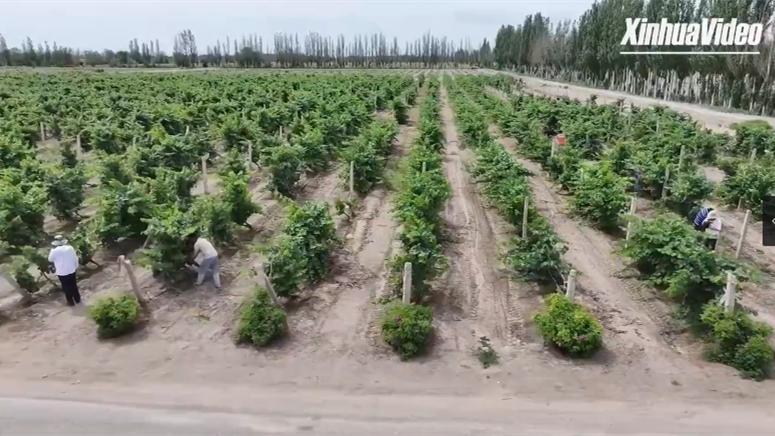
.png)

.png)


